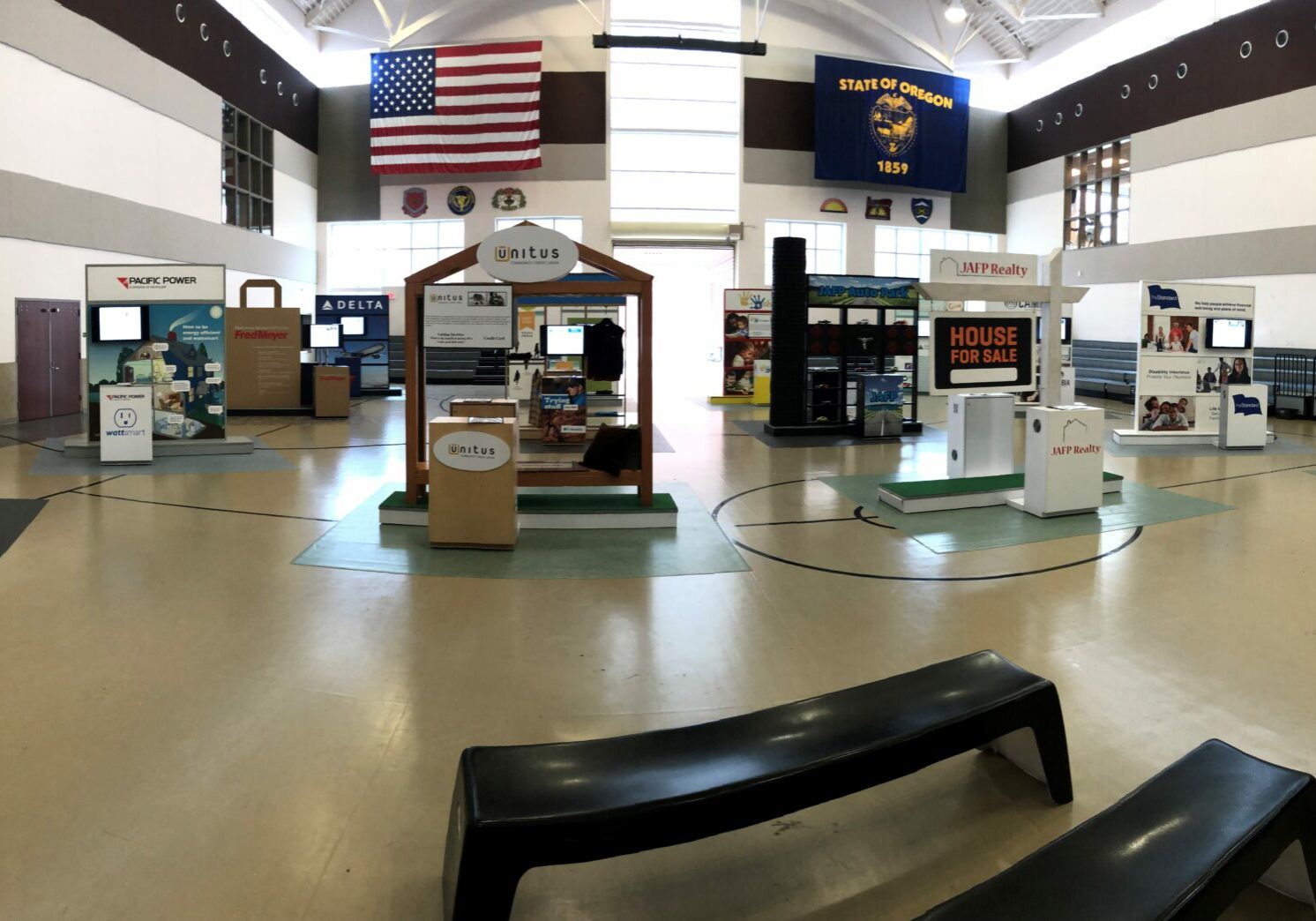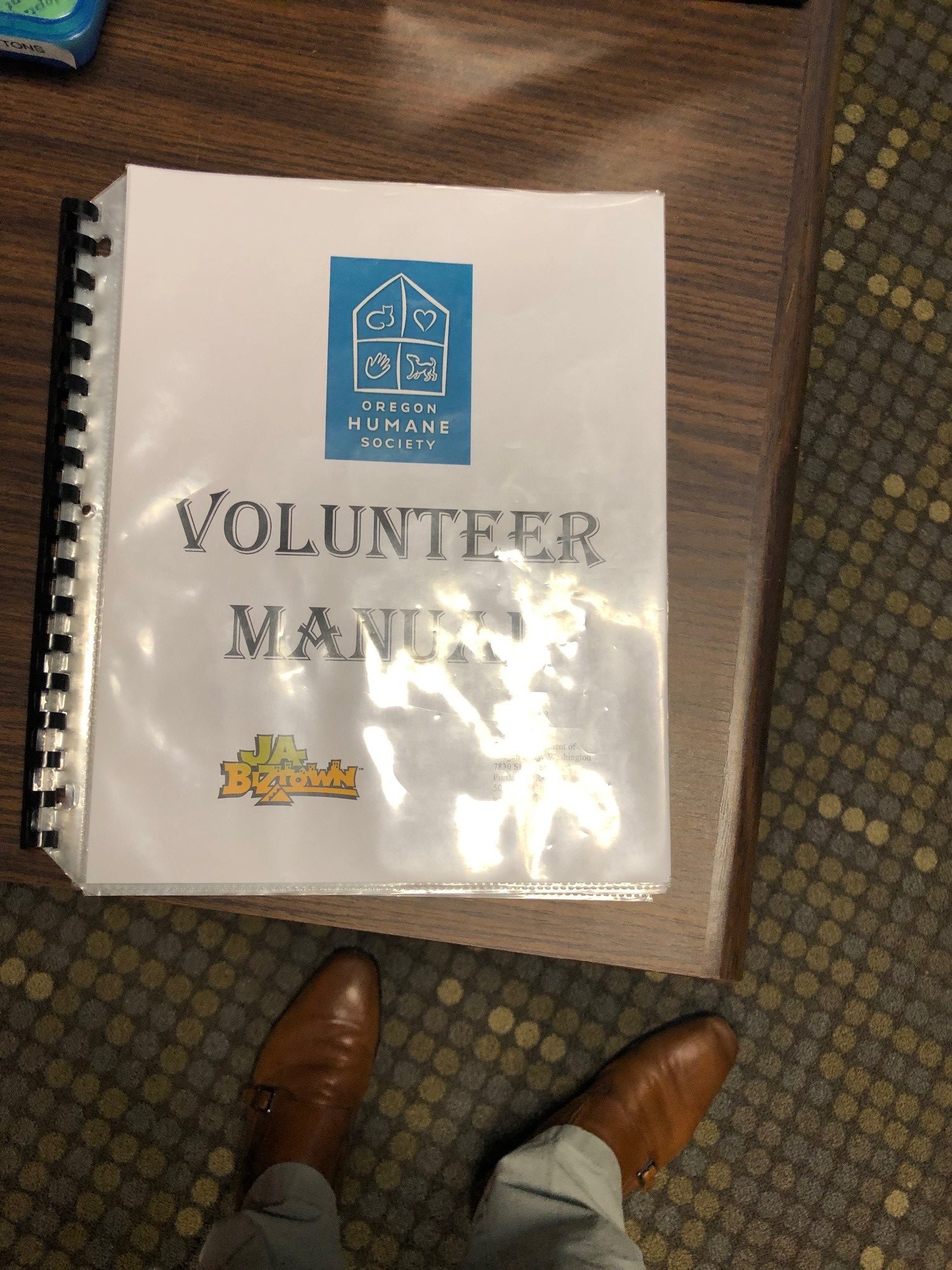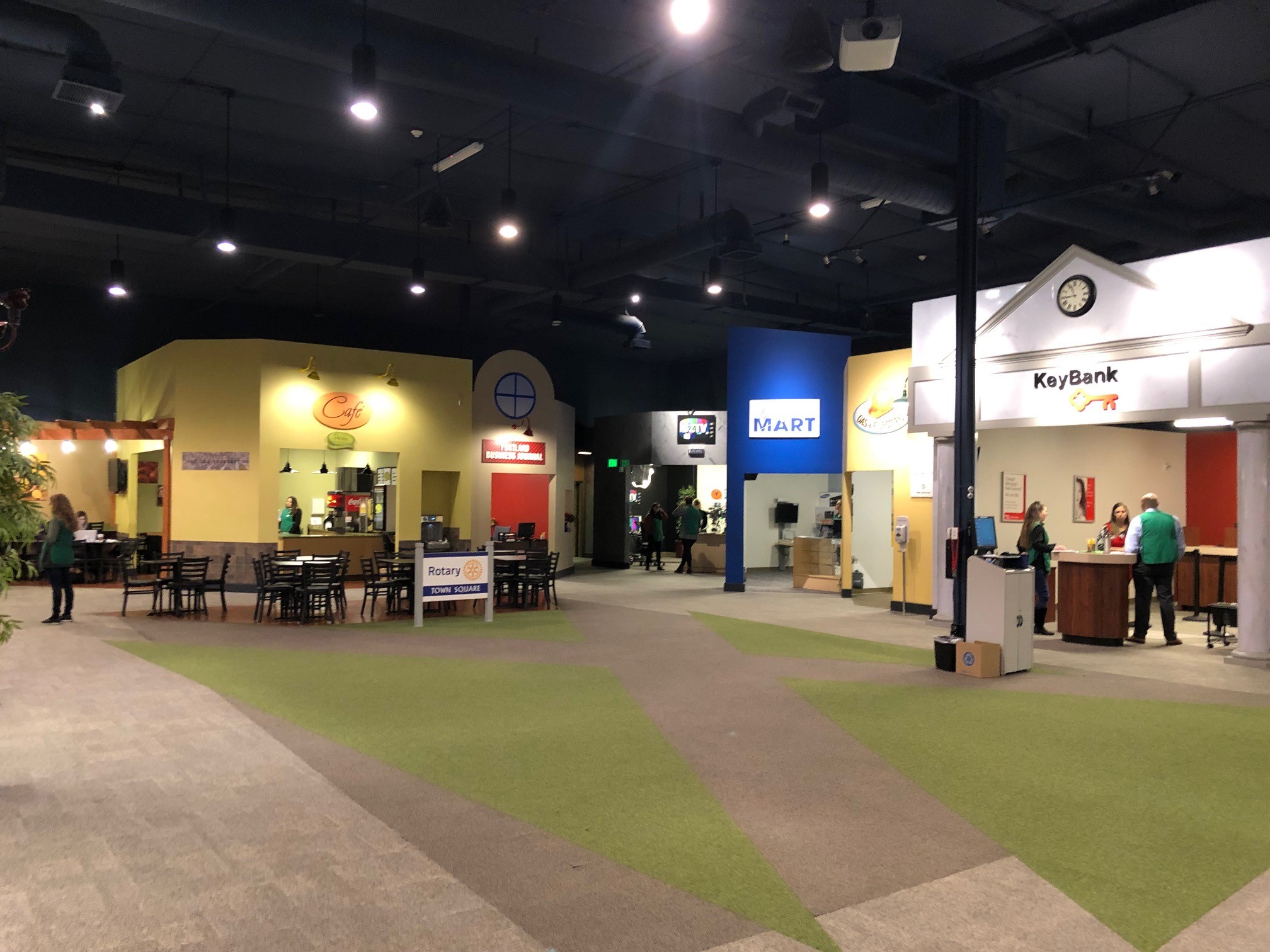
May 21, 2019
Moving the Needle in Financial Literacy
The data is out there. Student loans total $1.5 trillion in the U.S. and the average credit card balance for young people is just under $6,000. Most Americans don’t regularly pay their credit card in full every month, and 35% of all Americans have a debt that is currently in collections. These are only a few of the many troubling financial statistics for young adults in our country.
Most of us in the personal finance industry believe that a lot of these statistics need to be addressed from a very early age. Unfortunately, most schools do not teach personal finance, with the exception of occasional high school electives. You could even go to college and earn a bachelor’s degree, yet never learn how your student loans will be paid back or whether it’s better to have a low or high interest rate.
Junior Achievement is a non-profit organization that is educating young people in financial literacy and preparing them to succeed in the global economy. Locally, they are partnering with schools to send students on field trips as a capstone to a curriculum provided to teachers. Programs start as early as Kindergarten, with local Finance Park and BizTown locations bringing in 8th and 4th graders respectively.

I recently volunteered for a day in JA BizTown and came away invigorated about Junior Achievement. Along with another dozen volunteers, we led 4th grade students through running businesses and managing the “town.” From the mock television station for local news and speeches from the role-played “mayor of the city,” students learned about business, careers, paying bills, and countless other real-world financial topics.

Last week I also volunteered at JA Finance Park and really came to understand how powerful Junior Achievement’s impact can be. 8th graders were each given their own real-world scenarios of a career, household, and family situation to manage. They applied for mortgages, invested in their 401k, took out car loans, and budgeted for every household expense.
The more engrained Junior Achievement can be into our education system, I believe there is hope for young people to start off on a better financial footing. They may even be teaching their parents how to manage money! Junior Achievement relies on volunteers to help run their programs. You certainly do not need to be a financial advisor to donate your time, and the local office is incredibly organized to make it easy on any volunteer willing to give back.
Please join First Pacific in moving the needle financial literacy with organizations like Junior Achievement!
Sources:
Student Loans: https://www.forbes.com/sites/zackfriedman/2019/02/25/student-loan-debt-statistics-2019/#49425aff133f
Credit Cards: https://www.thestreet.com/personal-finance/credit-cards/average-credit-card-debt-14863601
Collections: https://www.forbes.com/sites/kateashford/2014/07/30/americans-in-collections/#20570d1b1880
